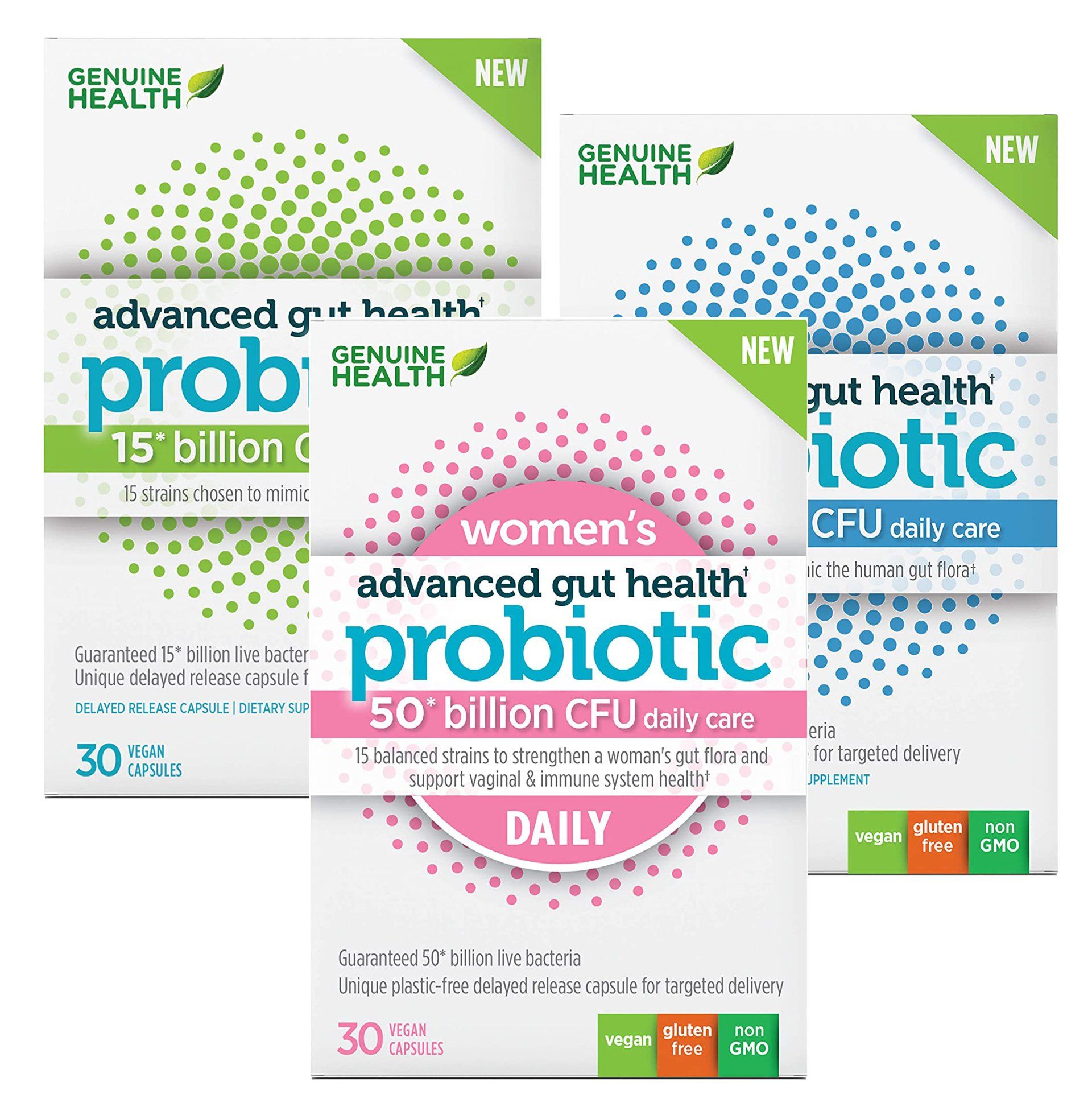What to Look for When Buying a Probiotic
Probiotics are HOT right now. A quality probiotic can help to seed your gut with healthy and hearty bacteria that benefit you in so many ways – from helping to balance your digestion to improving the function of your immune system.
But there are so many products out there (and so many confusing terms like CFU, strains and delayed–release). So how can you know what to look for? Here are 6 things to keep in mind when selecting a quality probiotic:
#1 Multiple Strains
Different strains of bacteria provide different benefits to the body. Studies have shown that multi-strain probiotics are more effective than single-strain probiotics! While we’re on the topic of strains, make sure that the strains are coded – this shows that the company is able to track the exact origin of the strains that they use.
#2 Balanced Formula
Many formulas rely heavily on one or two strains of bacteria with a fairy dusting of other strains for label appeal. Instead, seek out a balanced, multi-strain formula. Look for one that includes lactobacillus, bifidobacterium and lactococcus strains, promoting diversity, repair and restoration of the gut microbiome. The goal is to target whole body health and this means finding the right strains in the right ratio.
#3 Potency, CFU and Guarantee
CFU stands for colony forming units, and is the measure of how potent a probiotic is. You can find probiotics in CFUs ranging from 1 billion to 100 billion+. Look for a probiotic that guarantees CFU at expiry. This means that it will contain at least the amount of bacteria promised on the label. Also, many probiotics can contain the material on which the probiotics were cultured and unhealthy cells – choose a probiotic that has undergone a cleaning process to ensure that only the strongest and fittest cells remain.
#4 Allergen-free
Many probiotics on the market can contain common allergens. If you have food allergies or sensitivities, or are simply looking for a cleaner product, select a probiotic that is labelled free from GMOs, gluten, dairy, soy, peanuts, tree nuts, shellfish, eggs and corn.
#5 Capsules
Capsules are important, because they get the bacteria in your probiotic to where they need to go! Some probiotics on the market are housed in enteric-coated capsules, but these can contain plasticizers and phthalates. A better option would be a vegan delayed-release capsule – this ensures that the probiotics are getting released in the small intestine without the risk of questionable capsule ingredients.
#6 Packaging and Shelf Stability
Many probiotics (even the shelf stable ones) are packaged in bottles. But every time the bottle is opened, the probiotics get exposed to humidity and ambient air, which can degrade them over time. An alternative and better option is a blister pack, which protects each capsule from damaging air and humidity.

So there you have it; 6 key factors to carefully consider when choosing your next probiotic. Armed with this information you can confidently select a probiotic that provides maximum benefit for whole body health!
Andrea Sarjeant, CNP, Holistic Nutritionist, is Communications and Education Manager at Genuine Health Canada, where she regularly shares innovative recipes and creates programs that bridge the gap between kitchen alchemy and practicality with realistic ideas, compassion, and humor.










